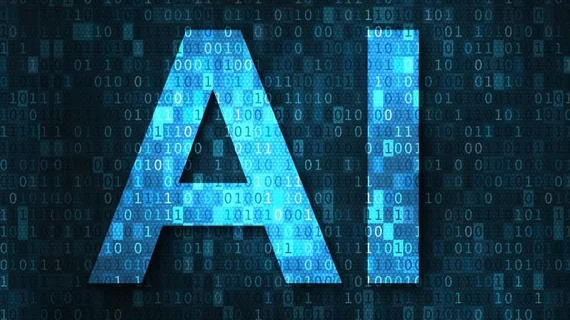AI software that eliminates need for gadolinium contrast during imaging exams wins patent
Advanced MRI software firm Imaging Biometrics has been awarded a U.S. patent for its artificial intelligence technology that erases the need for gadolinium-based contrast agents.
The Elm Grove, Wisconsin, subsidiary of IQ-AI—based in Britain—said its IB Zero G tool takes non-contrast scans and outputs synthetic images mimicking exams enhanced with GBCAs, according to a June 23 announcement. This automated software is still in the investigational stage, but is compatible with all MRI scanner platforms, the company added.
By eliminating the need to acquire contrast-enhanced images, radiology department productivity could increase, and patients wouldn’t be subjected to the alleged risks associated with repeated GBCA administrations.
“This patent underscores the major impact AI applications can have in healthcare,” CEO Michael Schmainda said in a statement. “IB Zero G has the potential to significantly disrupt routine clinical workflows on a global basis and help millions of patients receive higher quality and safer MR exams.”
Gadolinium is a critical agent for observing abnormal areas of internal tissues on imaging exams but it can stay in the body for extended periods of time. There are currently no known long-term adverse side effects for retained material, but certain individuals, such as those with kidney problems, are at higher risk for adverse effects.
Related MRI Contrast Agent Safety Content:
A deep dive into gadolinium-based adverse reactions
Allergic reactions to iodinated CT contrast increase likelihood of sensitivity to GBCAs
Researchers detail data on gadolinium-related adverse reactions
Radiologists must take a data-driven approach to discuss gadolinium, mitigate liability risk
Radiologists see potential to reduce GBCA administration with new synthetic MRI technique
Gadolinium-based contrast agents are safe, even at higher doses, new research suggests
Gadolinium debate rages on, with radiologist questioning recent GBCA liability guidance
ACR committee proposes new term for symptoms associated with gadolinium exposure
Closing the knowledge gap on gadolinium retention risks
Radiologists find direct evidence linking gadolinium-based contrast agent to higher retention rates
Research may offer new method to detect GBCA on MRI
Radiology, other multispecialty groups urge caution with GBCAs during interventional pain procedures
Cardiac MRI contrast agents are low-risk and safe for ‘overwhelming’ majority of patients
Health orgs publish special report about gadolinium retention, GBCA use in imaging
Rodent brains retain gadolinium after repeated administration of GBCA a year after injection
Advanced MRI mapping spots traces of gadolinium in the brain invisible during conventional scanning
Radiologists should keep patients’ best interests in mind to mitigate gadolinium liability risk

